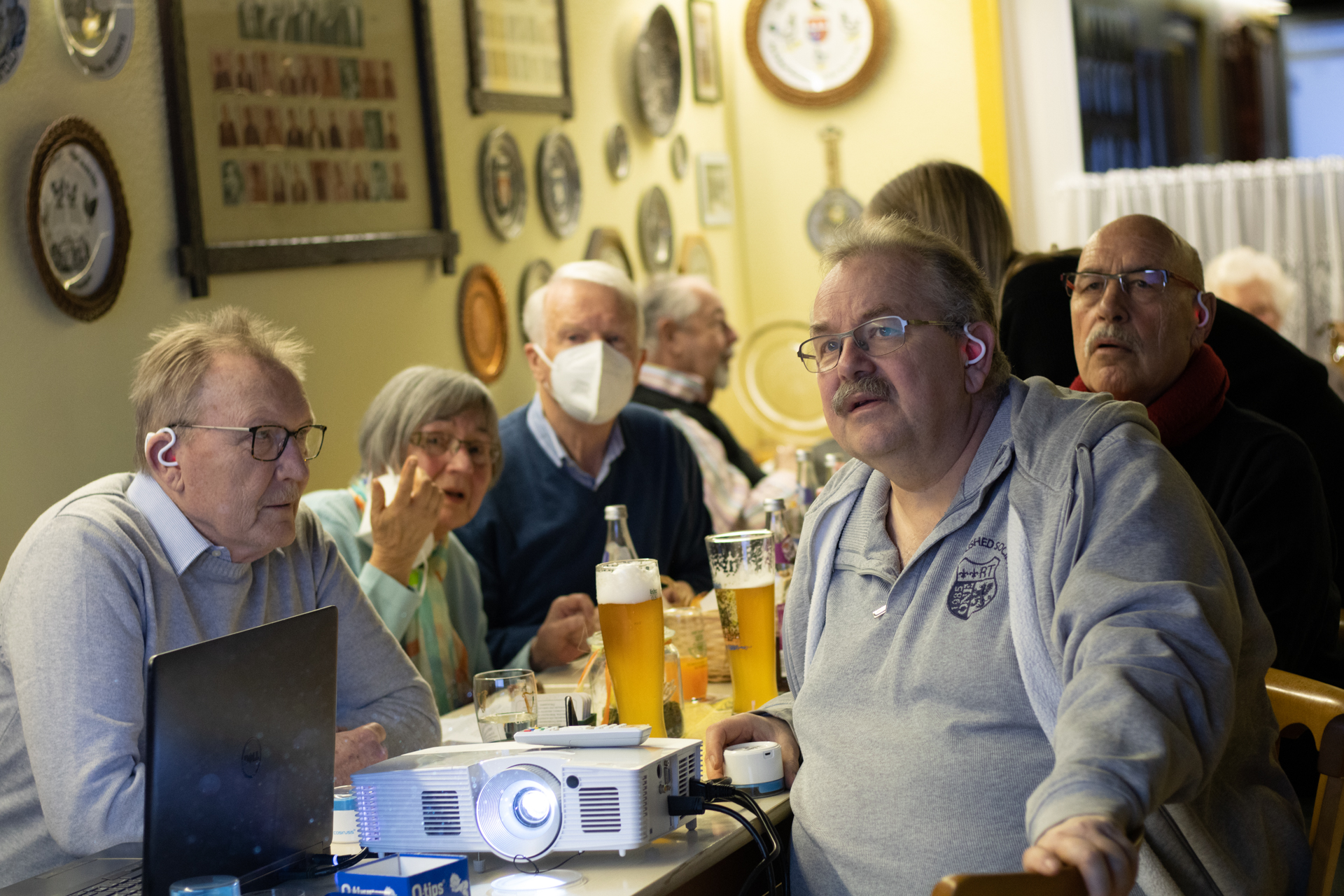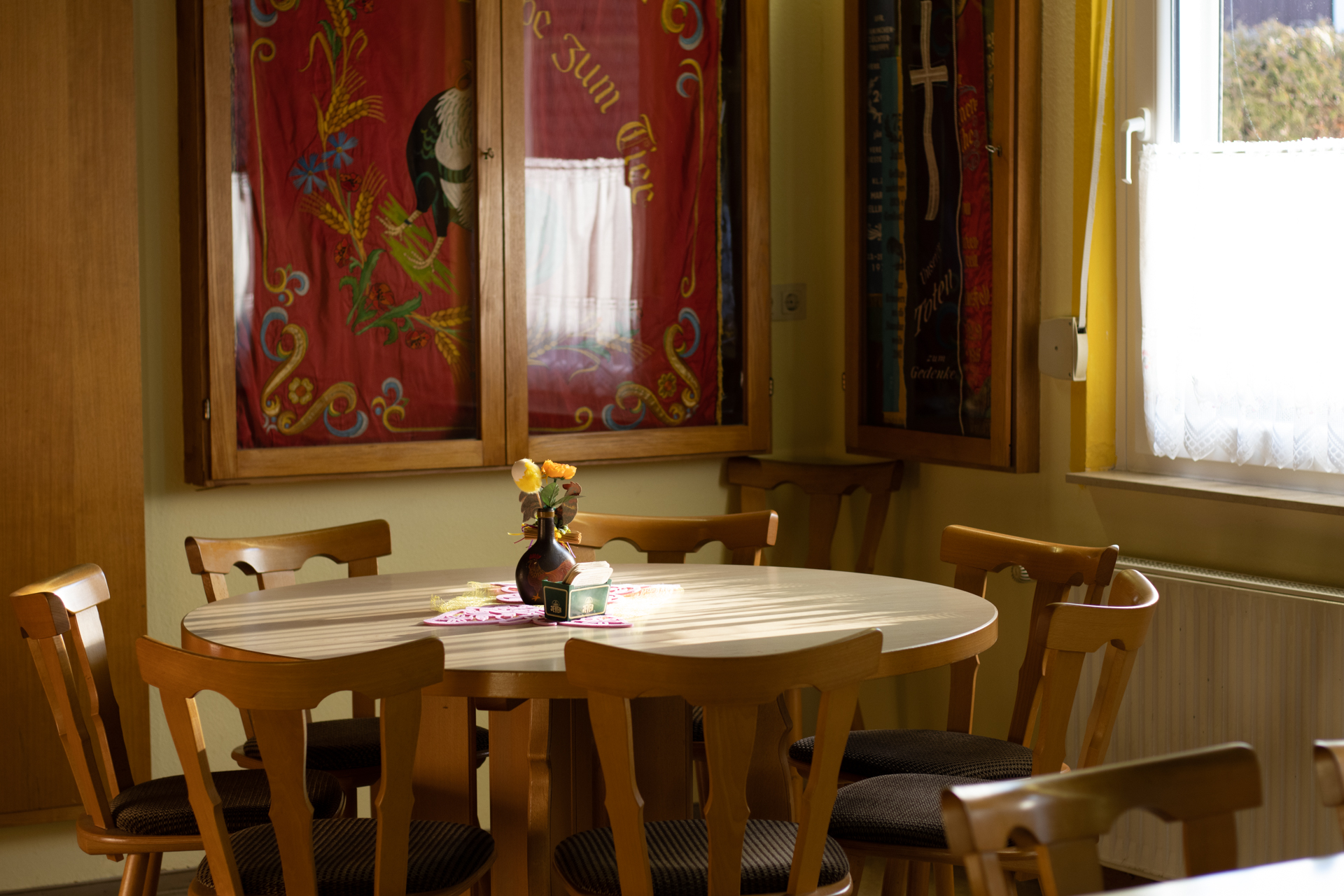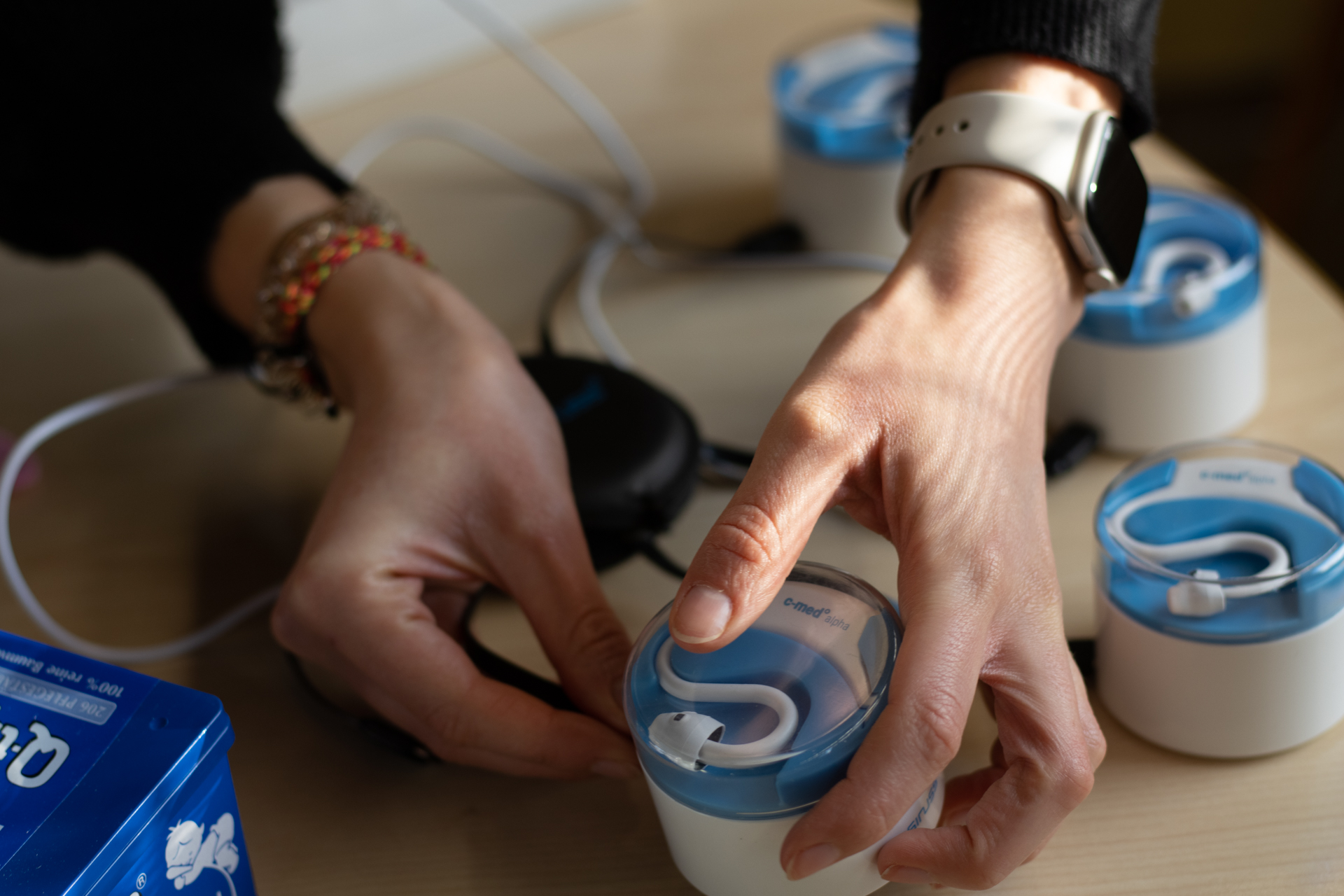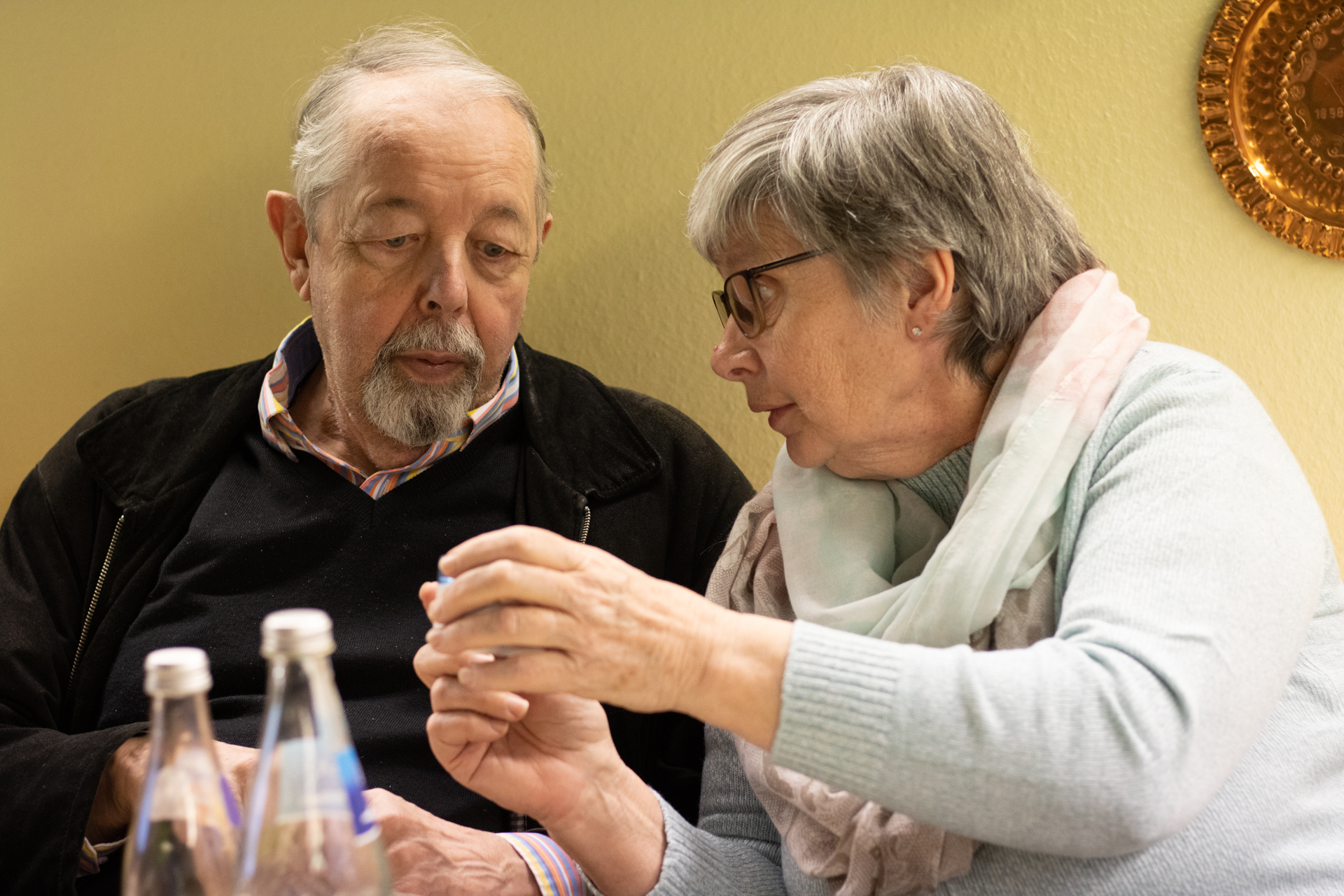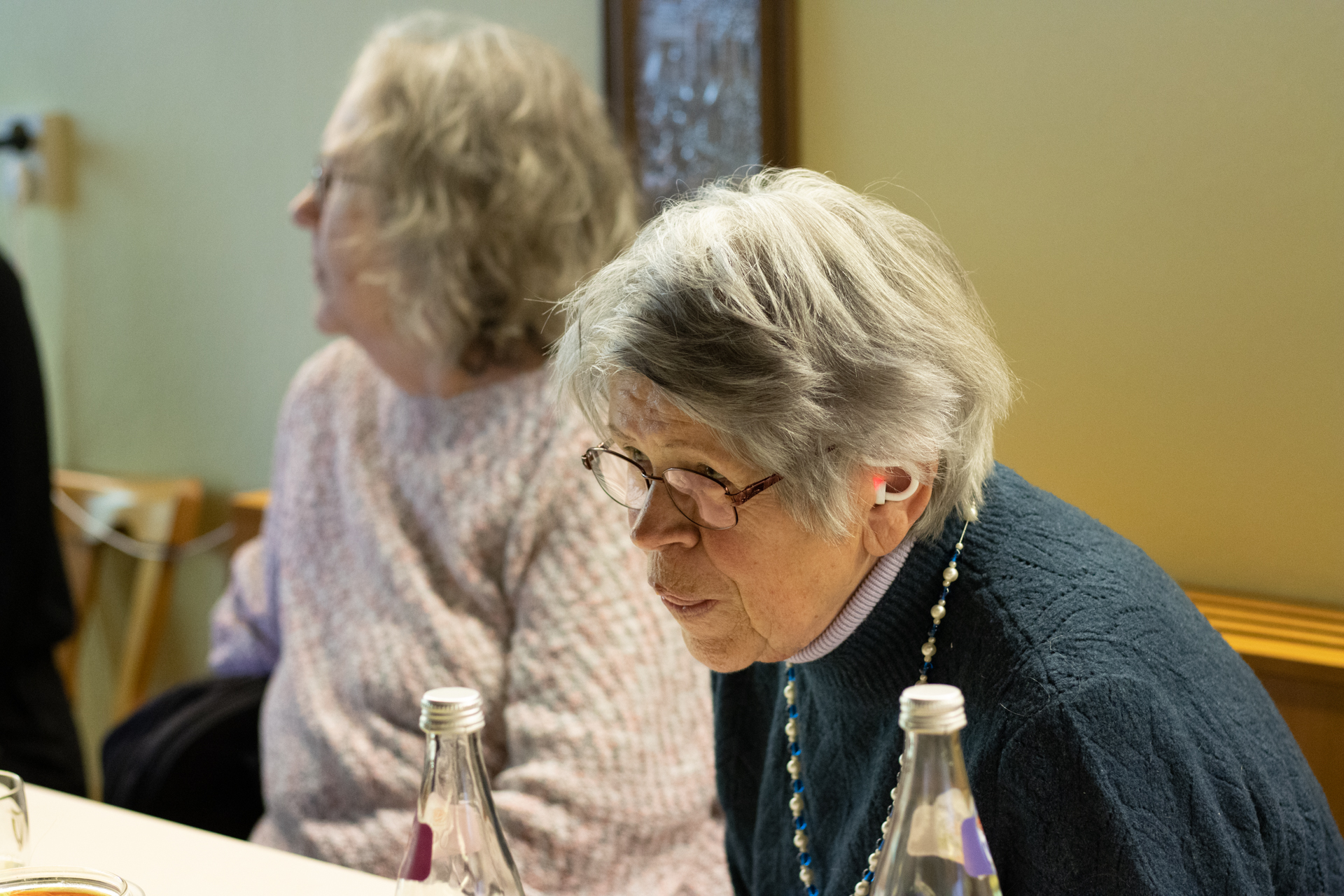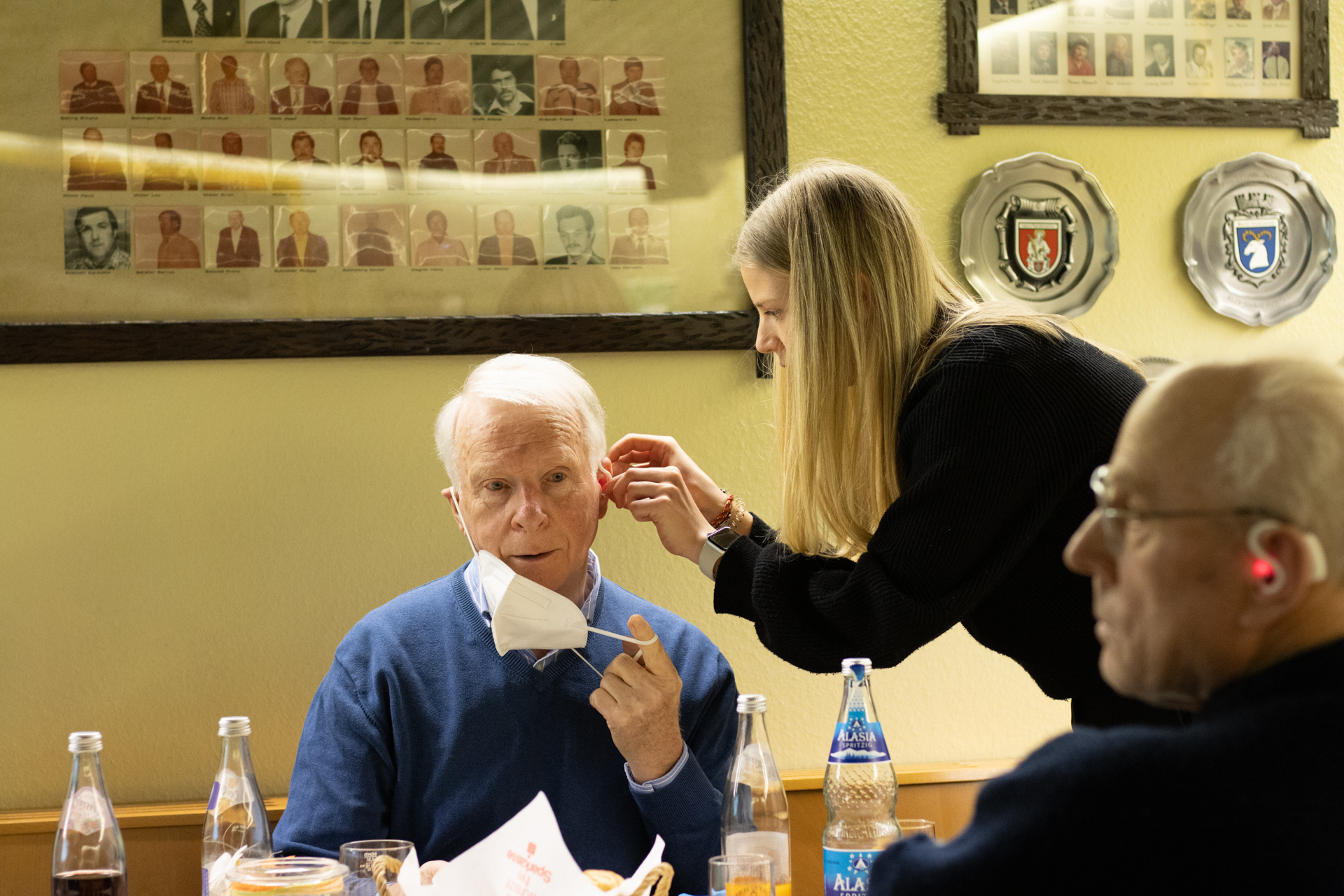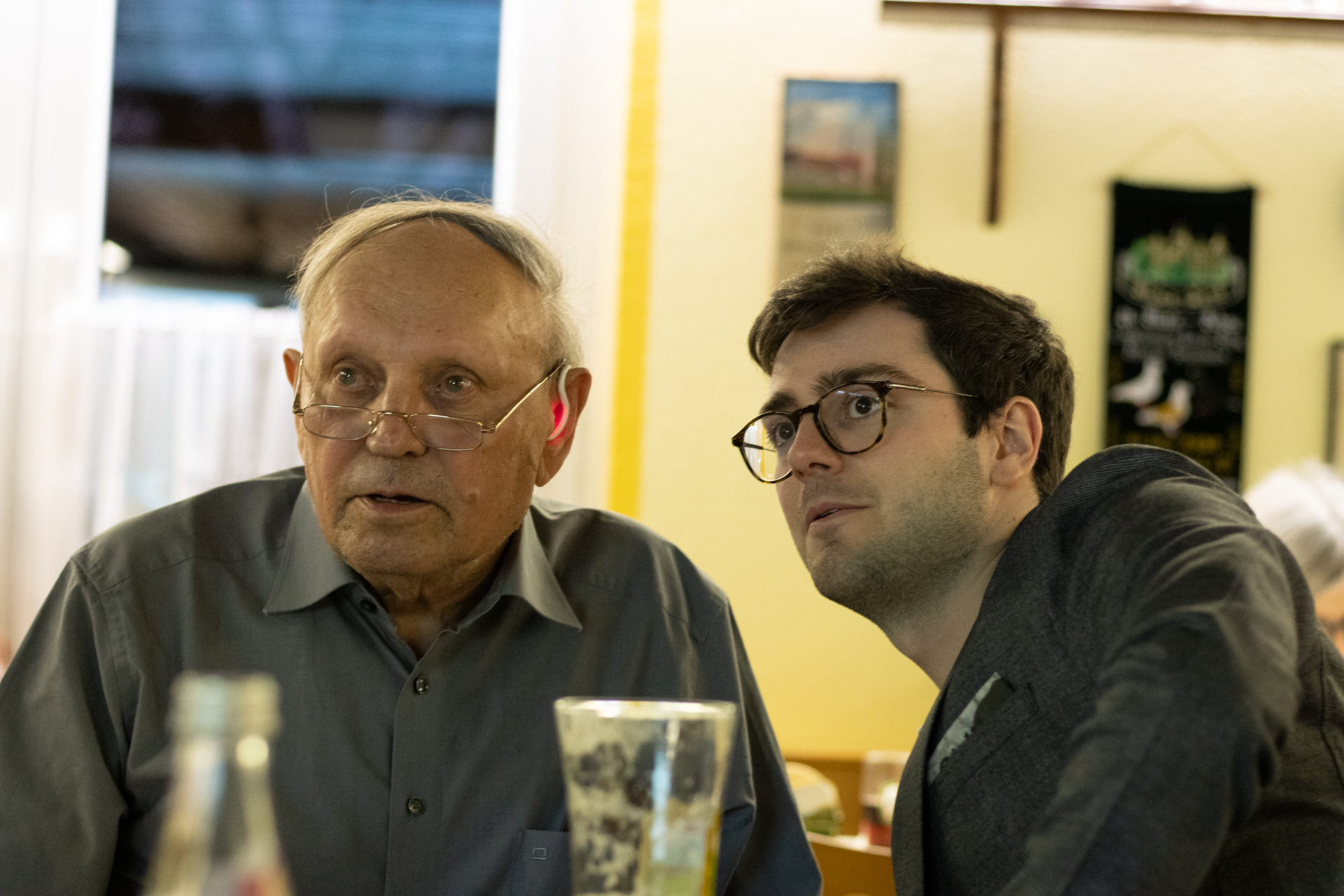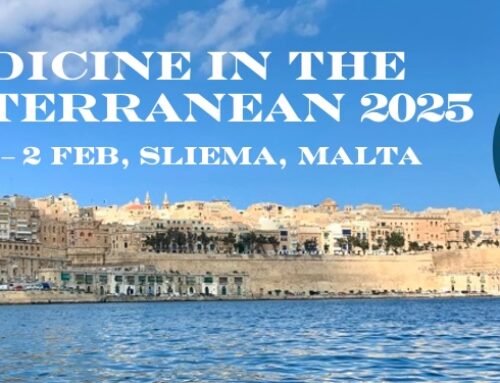- The state of health can be reflected in the pitch of the voice
- Data basis of the study only possible thanks to telemedicine
- Patients are the most important input for development
As part of the UNISONO research project, patients from two local self-help groups (the Würzburg Heart Failure Self-Help Group and the Lower Franconia ICD Self-Help Group) met on February 13, 2023, on the premises of the Heidingsfeld Poultry Breeders’ Association in Würzburg. Together with the German Center for Heart Failure Würzburg, Zana Technologies GmbH and cosinuss°, they were to test the added value and suitability for everyday use of telemonitoring of vital parameters, including voice, and communicate their assessments and their wishes for improvement.
In the joint research project – based on the hypothesis that water retention in heart failure patients:inside affects the lips of the vocal cords – it is to be investigated whether a deterioration in the state of health can be detected at an early stage on the basis of the smallest fluctuations in voice pitch. The in-ear sensor from cosinuss° for mobile measurement of vital parameters in everyday life serves as the objective reference of the state of health. The German Center for Heart Failure at the University Hospital Würzburg will start with a first data collection in March 2023.
Zana Technologies GmbH is developing the intelligent voice analysis and the smartphone application for digitally conducting the study. Munich-based medical technology company cosinuss° is responsible for the measurement technology suitable for everyday use in the form of a 6.5-gram sensor in the ear with a built-in microphone.
On this afternoon, the three partners answered the questions of the patients concerned and collected many valuable insights for optimizing the study, as well as a lot of creative input, which should later be of use to the needs of the extremely interested group. The long-term goal of the project is to prevent hospitalizations and to enable individualized therapy that can significantly improve the patient’s quality of life. Such an exchange with highly committed and responsible patients is not only motivating, but also serves the progress in research to a great extent.
“The development of intelligent algorithms needs training data from as many different test persons as possible from real situations.
Only telemetric recording including continuous measurement of vital parameters in everyday life can provide such a basis.”– Dr. rer. nat. Michael Weber, Head of Research & Science cosinuss°
At three stations, participants were able to incorporate their feedback into the development. The usability of the app was tested by Dr. Julia Hoxha, who allowed the participants to freely discover how to use the smartphone application. Afterwards, the patient:s were guided through a feedback questionnaire. The planned speech exercises from the app could be tested on the spot with Marlene Kessler to find out whether the speech exercises and speech texts were too standardized or should encourage more variety and motivation.
At the last station, participants were able to try out cosinuss°’s vital signs measurement technology and track their vital signs on the screen. The first application without assistance was easy for most of the participants, as many of them have experience with hearing aids, for example, and are generally very technically proficient. There were differing opinions on when and how often the sensor should be worn, ranging from going to work to wearing it overnight. There were voices that would prefer the symmetrical wearing experience of two earbuds similar to headphones. Overall, the wearing experience was rated quite positively with words like “soft” and “cuddly”.

Finally, a lively discussion arose with the physicians and developers present about how to deal with information about one’s own illness in the digital age. Depending on one’s personal attitude, constant knowledge of or access to one’s own state of health and disease information can be empowering, but also unsettling or stressful. In this context, Dr. Fabian Kerwagen particularly pointed out that patients undergoing telemonitoring for heart failure are accompanied and monitored by physicians in a telemedicine center and are thus not left alone with the professional assessment of the data. The last wish expressed by the participants was that the tasks of the voice exercises and the measurement of vital parameters should be designed in such a way that they motivate and encourage actual use with the achievement of small personal goals. In the end, everyone in the project agreed – only through the acceptance and assistance of the patients can such a treasure trove of data be lifted.
